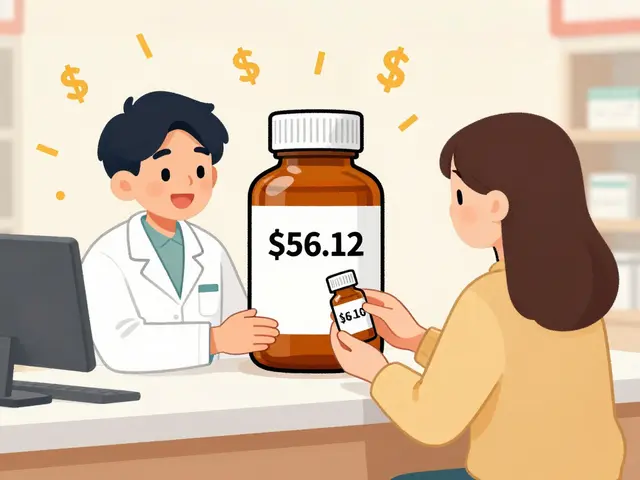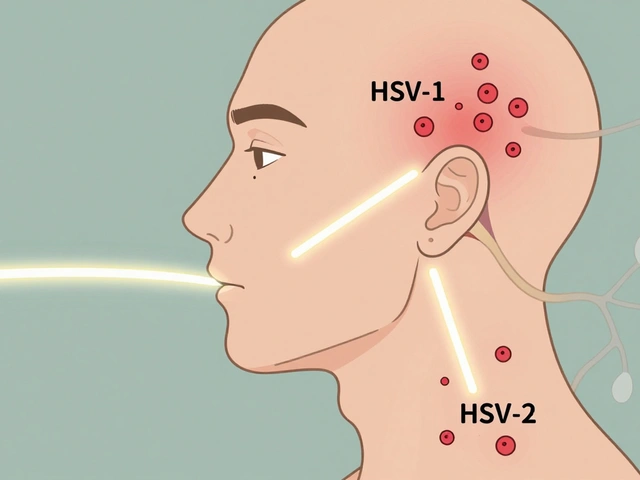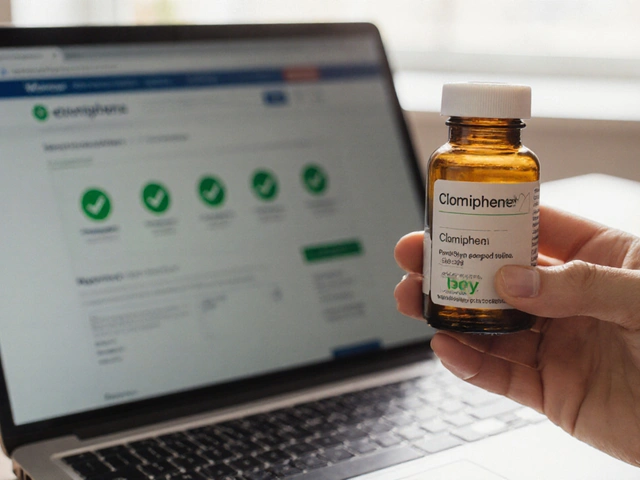PCSK9 Inhibitors: What They Do and Who Should Consider Them
Want to cut LDL cholesterol by roughly half? PCSK9 inhibitors are one of the most effective options for people who need strong LDL lowering beyond statins. They include injectable monoclonal antibodies like evolocumab (Repatha) and alirocumab (Praluent), and the newer siRNA drug inclisiran (Leqvio) given twice a year after initial doses. These drugs are aimed at people with very high LDL, familial hypercholesterolemia, or those who’ve had heart attacks and still have high cholesterol despite other treatments.
How they work and real benefits
PCSK9 normally marks LDL receptors for destruction. Blocking PCSK9 keeps LDL receptors on liver cells, so the liver clears more LDL from the blood. That translates into big LDL drops: clinical trials like FOURIER (evolocumab) and ODYSSEY (alirocumab) showed LDL reductions around 50–60% and modest but meaningful cuts in heart attack and stroke risk. Inclisiran’s ORION trials showed similar LDL drops with the convenience of two maintenance doses a year.
What to expect: side effects, monitoring, and cost
Most people tolerate PCSK9 inhibitors well. Common side effects are injection-site pain, mild flu-like symptoms, and rare allergic reactions. Serious side effects are uncommon in trials. Your doctor will check a lipid panel 4–12 weeks after starting to see the LDL response, then periodically after that. If you’re on statins, you’ll usually keep them unless there’s a clear reason to stop.
Cost and access matter. These drugs are pricey without insurance. Many patients need prior authorization; manufacturers and some clinics run co-pay or patient-assistance programs. Inclisiran’s twice-yearly schedule can help with adherence and clinic-based injection programs can reduce out-of-pocket trouble.
Practical tips: ask your doctor for a clear LDL target, bring recent lipid numbers, and mention any statin intolerance. If injections make you nervous, request a nurse demo or watch a short how-to video from a reputable source. Store single-use vials or pens in the fridge and follow the leaflet for handling; don’t freeze.
Drug interactions are few — PCSK9 inhibitors don’t act like most oral drugs — but always tell your clinician about all meds and supplements. If you have autoimmune disease or a history of severe allergic reactions, discuss risks since these are biologic agents.
Bottom line: PCSK9 inhibitors are powerful tools for people who need aggressive LDL lowering or can’t tolerate other drugs. Ask targeted questions: what LDL drop can I expect, how will this change my heart risk, what will insurance cover, and are there support programs to lower costs? Those answers make the choice practical and clear.

Fed up with statins and their side effects? This guide explores non-statin lipid-lowering agents, including PCSK9 inhibitors, ezetimibe, and bempedoic acid. Get the lowdown on how these meds work, who benefits, their side effects, and what science says in 2025. Find out about the latest approved alternatives and tips for choosing between them. Practical, human, and totally up-to-date.






